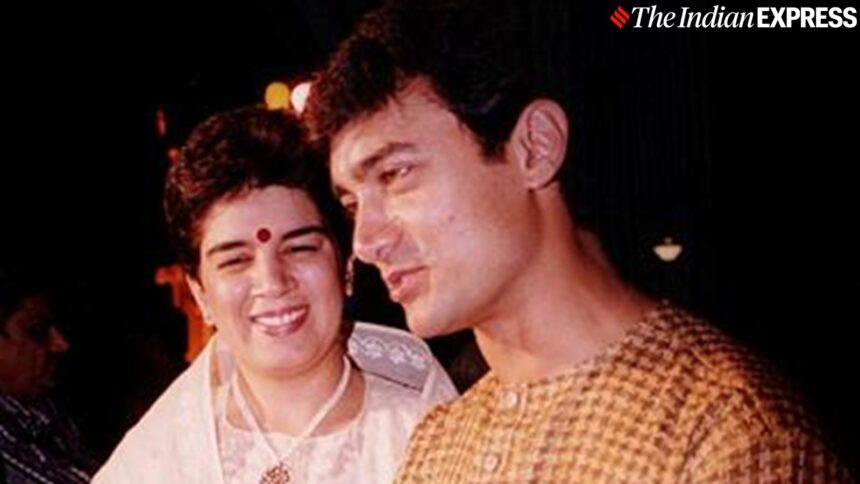Opening up about one of the most emotionally turbulent phases of his life, recently shared his deeply personal thoughts on seeking therapy during his separation from Reena Dutta.
In a conversation with , he reflected on his initial resistance to marriage counselling, recalling how unfamiliar and uncomfortable the process felt to him. “(When Reena and I were separating, we went to a marriage counsellor for about a year and a half. It was my first experience with therapy and counselling, and I remember that I was strongly against it),” he said, admitting that therapy was something he had never previously considered.
Aamir also described the mental blocks he carried before opening up to a professional. “(I told Reena, ‘I don’t want to tell a stranger what I’m feeling or our relationship has been like. How can I share the matters of my heart with someone I don’t even know?’).”
Jai Arora, counselling psychologist and co-founder of Kirana Counselling, tells , “We, as Indians, are raised in the culture of ‘ghar ki baat ghar mein hi rahni chahie (What happens at home, should stay at home).’ Meaning that the private conversations are not to be shared with the outside world, with the fear of being judged, looked down upon and worst ‘nazar’.”
On top of this, he says that men are raised in cultures where , self-reliance, and stoicism are subtly or overtly encouraged. And being a “girl,” crying or being vulnerable are considered non-masculine. “For many men, talking about ‘jazbaat’ (emotions) is deeply personal and sometimes shame-laden, especially if emotional expression was never modeled or validated during upbringing. Furthermore, therapy can feel like surrendering control—sharing pain with someone unfamiliar, risking judgment, or fearing that one’s reality might be reframed in unsettling ways,” notes Arora.
Counselling isn’t just about reconciliation, especially during or after a separation. Arora explains, “It helps people reflect on their patterns, emotional blind spots, unmet needs, and sometimes, unspoken guilt. It allows partners to grieve the loss while also re-examining who they were in the relationship and who they are becoming outside it.”
It becomes increasingly challenging if . “But counselling post-separation takes more individual form, laden with introspection and retrospection. It can quietly but powerfully nudge people toward accountability — not in the legal sense, but in the emotional one,” concludes the expert.








